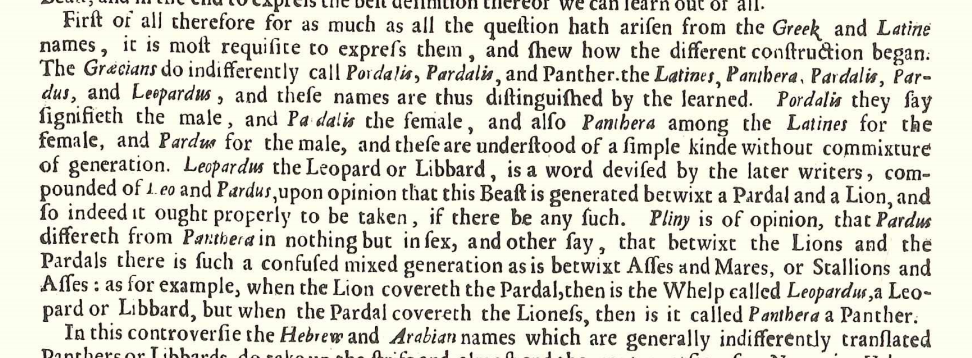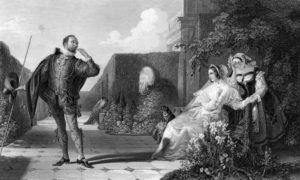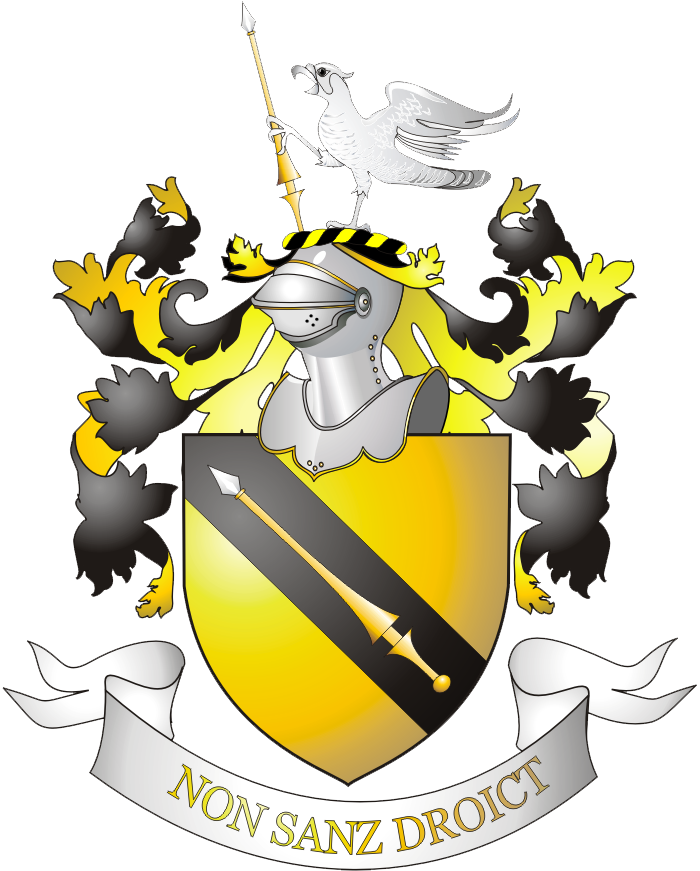 Fun bit of Shakespeare Geekery on Reddit today when I spotted too late this “Tip of My Tongue” post:
Fun bit of Shakespeare Geekery on Reddit today when I spotted too late this “Tip of My Tongue” post:
In it there’s a specific scene in which all the characters repeat how they feel about each other a bunch of times with all of them stating how they feel affection for one of the people in the group who does not feel for them.
One of the characters may have an injured arm and I think one of them kept on ending the repeating cycle of lines with something like “and I for no man”
I think I remember one of the characters MIGHT have been a girl dressing up as a guy but I’m not completely sure
By the time I spotted this post somebody had replied, “Twelfth Night?” to which the original poster said, “Solved! That’s the one.” He even shot down suggestions of A Midsummer Night’s Dream and Much Ado About Nothing as not being the correct answer.
Astute geeks will no doubt see the problem. He is describing, to a T, that other cross-dressing romantic comedy, As You Like It. Orlando has entered with a broken arm, Rosalind is dressed as a boy, everybody declares their love for the wrong person, and Rosalind is the one who keeps “ending the repeating cycle of lines” with, “and I for no woman”:
SILVIUS
It is to be all made of sighs and tears;
And so am I for Phebe.PHEBE
And I for Ganymede.ORLANDO
And I for Rosalind.ROSALIND
And I for no woman.SILVIUS
It is to be all made of faith and service;
And so am I for Phebe.PHEBE
And I for Ganymede.ORLANDO
And I for Rosalind.ROSALIND
And I for no woman.
It’s getting so you can’t tell one girl dressed as boy comedy from the next! 🙂




 Whenever we discuss Shakespeare’s best or greatest play, some folks will make the case for As You Like It. Just yesterday on Facebook, in response to yesterday’s “
Whenever we discuss Shakespeare’s best or greatest play, some folks will make the case for As You Like It. Just yesterday on Facebook, in response to yesterday’s “